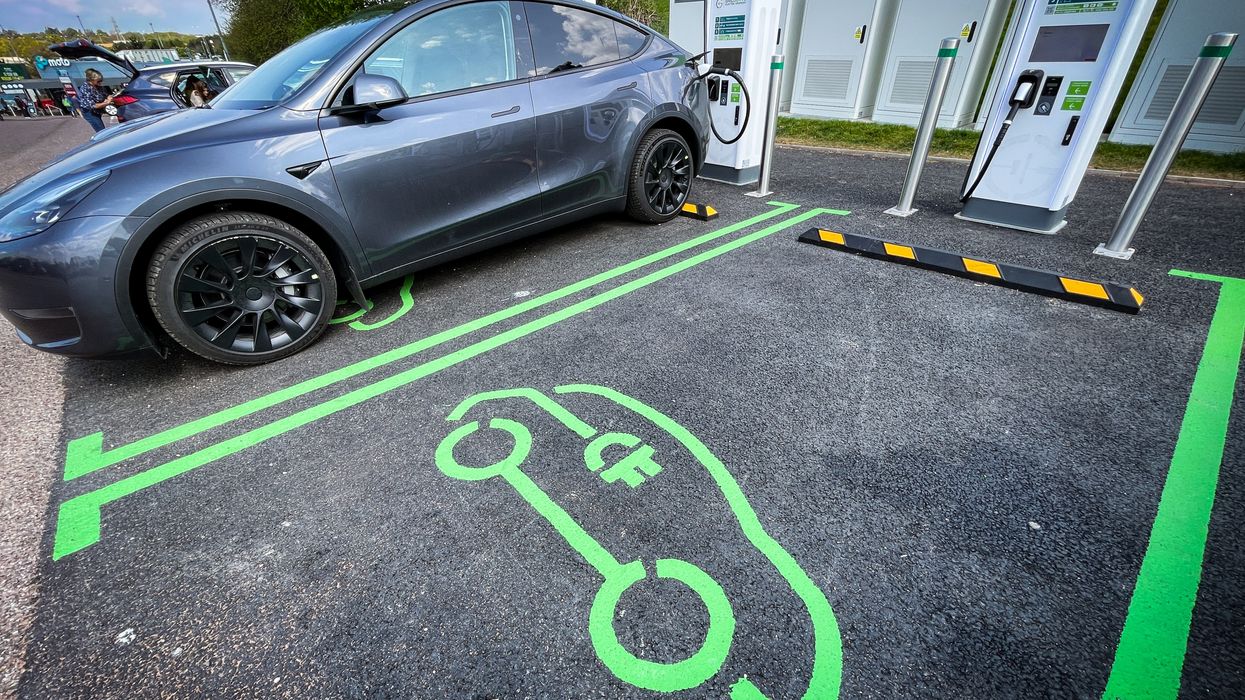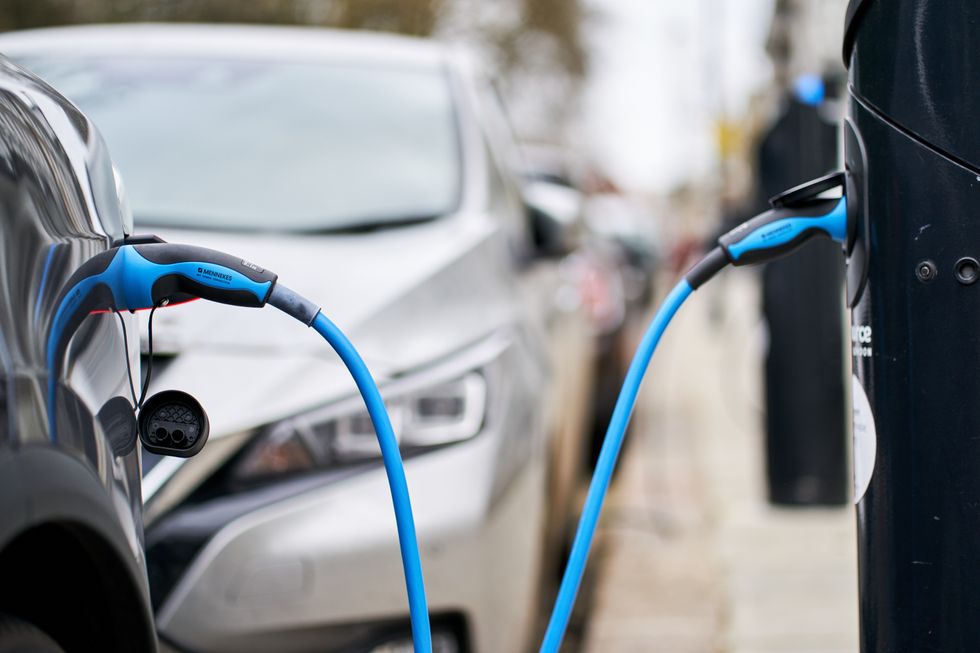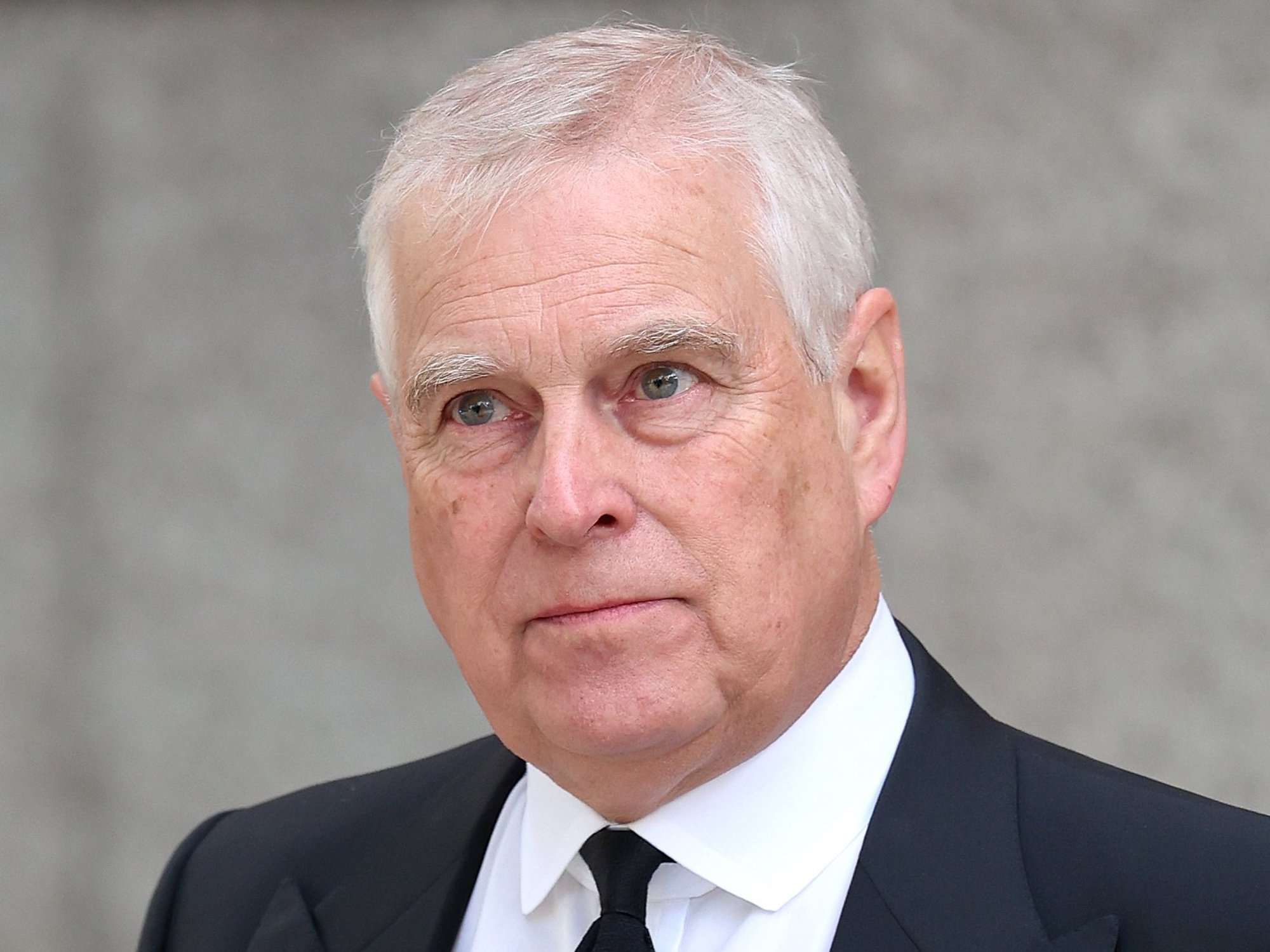New driving law changes introduced today to have major impact on electric car owners

All new electric car chargers must provide contactless payment options
|GETTY

There are more than 51,000 public chargers across the UK
Don't Miss
Most Read
The Government has unveiled new driving laws which will have major impacts on electric car drivers and their ability to charge around the UK.
The Public Charge Point Regulations 2023 will come into force today, November 24, and will aim to make electric car charging easier for motorists.
It will ensure that drivers can easily locate the correct public charger to suit their needs and make payments simpler with contactless capabilities.
Consumers will also be able to compare prices across multiple public charge point networks and have confidence that chargers are in good condition.
WATCH NOW: Danny Kelly reacts to electric vehicle sales
Charge point operators will have a legal obligation to ensure their devices adhere to the new regulations rolled out today.
All new public charge points of 8kW and above and existing chargers of 50kW and above must offer contactless payment options to drivers, with operators having a one year lead time to introduce the measures.
The regulations outline how payments like Apple and Google Pay will be accepted, in addition to contactless bank cards, as well as an app or QR code.
Charge point operators will have two years to ensure drivers can pay through at least one roaming provider at their chargers.
Another regulation that aims to help drivers will be to require all charge point operators to have a 99 per cent reliability rate for rapid chargers.
This must be measured as an average across each charge point operator’s rapid network when the rules are finalised on November 24, 2024.
The only change which needs to be introduced immediately is for chargers to display the maximum price of a charging session.
It must be clearly displayed in pence per kilowatt hour either on the charge point or through a separate device.
The latest data from the AA found that there has been a 13p/kWh rise in the total cost of peak-time slow charging, with these slower chargers mostly being found in residential areas.
It is believed that charge point operators are hiking costs to deal with the spike in grid demand to deal with autumn and winter activity in local communities.
The Government report continues: “All data must be accurate and charge point operators must use the Open Charge Point Interface (OCPI) to hold and open their data.
“Reference and availability data must be made publicly available and in a machine-readable format.
“Government bodies, Distribution Network Operators, Transmission Owners and Electricity System Operators must have access to all data.”
All public charging stations will also be required to have a free, 24/7 staffed telephone helpline available and advertised.
LATEST DEVELOPMENTS:

Many of the new regulations have a lead time of one or two years
|PA
The changes, which will have a one year lead time, could see operators potentially failing to meet requirements if a voicemail facility is offered.










